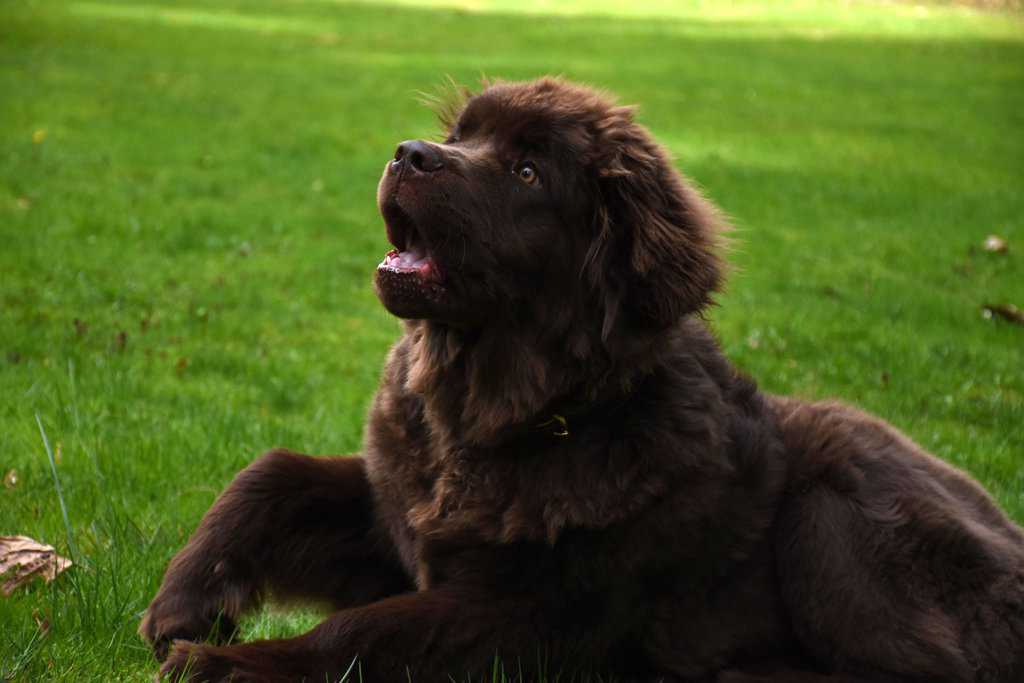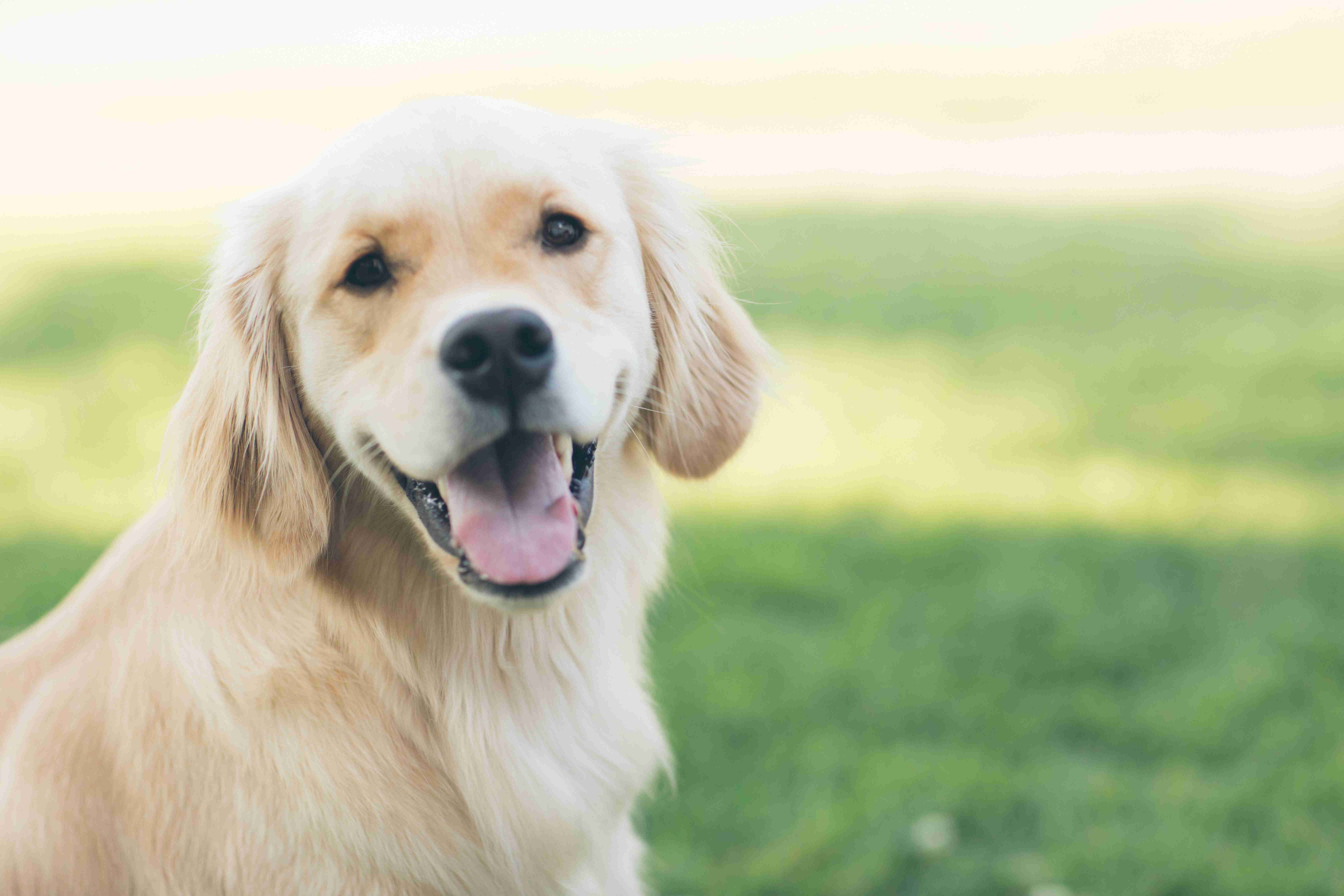Dogs are known for their loyalty and love towards their owners. They are often referred to as man’s best friend, but what happens when they get angry? One of the most common signs of aggression in dogs is growling. As a dog owner, it is important to understand why dogs growl when they are angry so that you can properly handle the situation and prevent any unnecessary harm. In this blog post, we will dive into the science behind a dog’s growl and explore the reasons behind this behavior. So, let’s unleash the truth and find out why dogs growl when they’re angry.
Dogs are amazing creatures that can bring a lot of joy and happiness into our lives. However, sometimes they can also become aggressive and start growling when they’re angry. This behavior can be frightening and confusing for dog owners, especially if they don’t understand why their furry friend is reacting this way. In this blog post, we’ll dive deeper into the topic of why dogs growl when they’re angry.
First and foremost, it’s important to understand that growling is a natural behavior for dogs. It’s one of the many ways they communicate with humans and other dogs. Growling can mean different things depending on the context, but it’s usually a sign of warning or discomfort. For example, a dog might growl when they feel threatened or when they’re in pain.
When a dog is angry, growling can be a sign that they’re ready to attack if necessary. It’s their way of warning their potential aggressor that they’re not to be messed with. It’s also a way for dogs to assert their dominance in a situation. However, it’s important to note that not all growling is a sign of aggression. Sometimes, a dog might growl while playing or when they’re excited.
So why do dogs growl when they’re angry specifically? The answer lies in their evolutionary history. Dogs are descendants of wolves, and in the wild, growling is an essential part of their communication. Wolves use growling to establish dominance, protect their territory, and warn off potential threats. This behavior has been passed down to domesticated dogs, who still use growling as a way to assert their dominance and protect their territory.
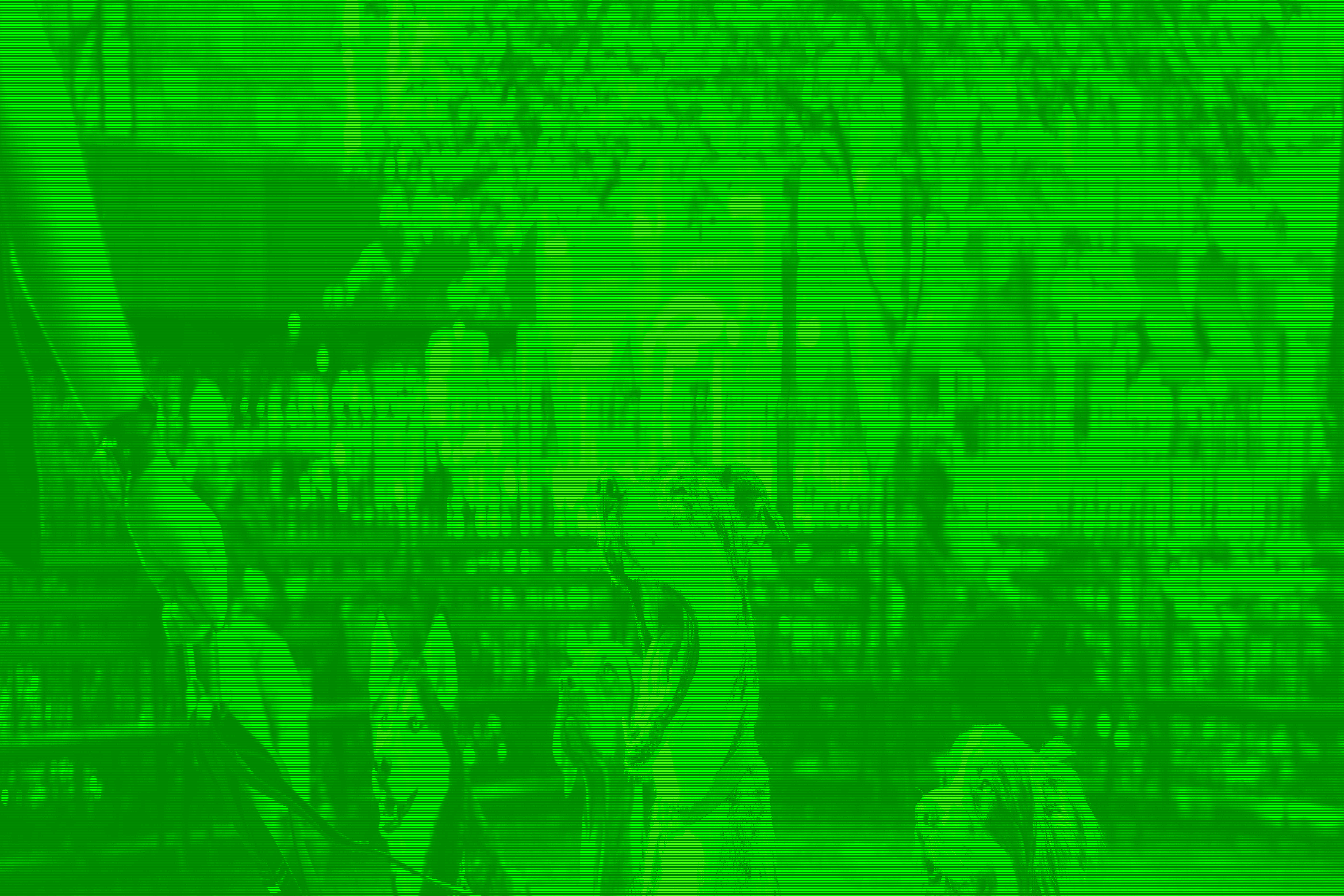
It’s also worth noting that some breeds of dogs are more prone to growling than others. For example, guard dogs like German Shepherds and Rottweilers are more likely to growl when they feel threatened or when they’re protecting their owners. This doesn’t mean that these breeds are naturally aggressive, but rather that they’ve been bred for certain traits that make them better at protecting their owners.
So what should you do if your dog starts growling when they’re angry? The first step is to try and understand what’s causing their aggression. Are they feeling threatened by a person or another animal? Are they in pain or discomfort? Once you’ve identified the cause, you can take steps to address the issue. For example, if your dog is growling because they’re in pain, you can take them to the vet to get checked out. If they’re feeling threatened by another animal, you can remove them from the situation or try to distract them with a toy or treat.
It’s also important to remember that dogs are not humans and they don’t think or behave the same way we do. They have their own set of instincts and behaviors that have been shaped by thousands of years of evolution. It’s up to us as their owners to understand and respect these behaviors, and to take steps to ensure our dogs are happy, healthy, and safe.
Overall, dogs growl when they’re angry as a natural behavior that has been passed down from their wolf ancestors. It’s a way for them to communicate their discomfort, assert their dominance, and warn off potential threats. As dog owners, it’s important for us to understand and respect this behavior, and to take steps to address any underlying issues that may be causing our furry friends to become aggressive. By doing so, we can ensure that our dogs are happy, healthy, and safe, and that our relationships with them remain strong and positive.
In conclusion, growling is a natural and instinctive behavior for dogs. It’s their way of communicating their emotions, whether it’s fear, aggression, or excitement. As responsible pet owners, it’s important to understand the reasons behind our dogs’ growling, so we can help them feel safe and comfortable in their environment. Remember, growling is not a sign of a bad dog, but rather a communication tool that we can use to better understand and bond with our furry friends. So the next time your dog growls, take a moment to observe their body language and try to figure out what’s causing their reaction. With patience, love, and understanding, you can help your dog overcome their fears and live a happy, healthy life.


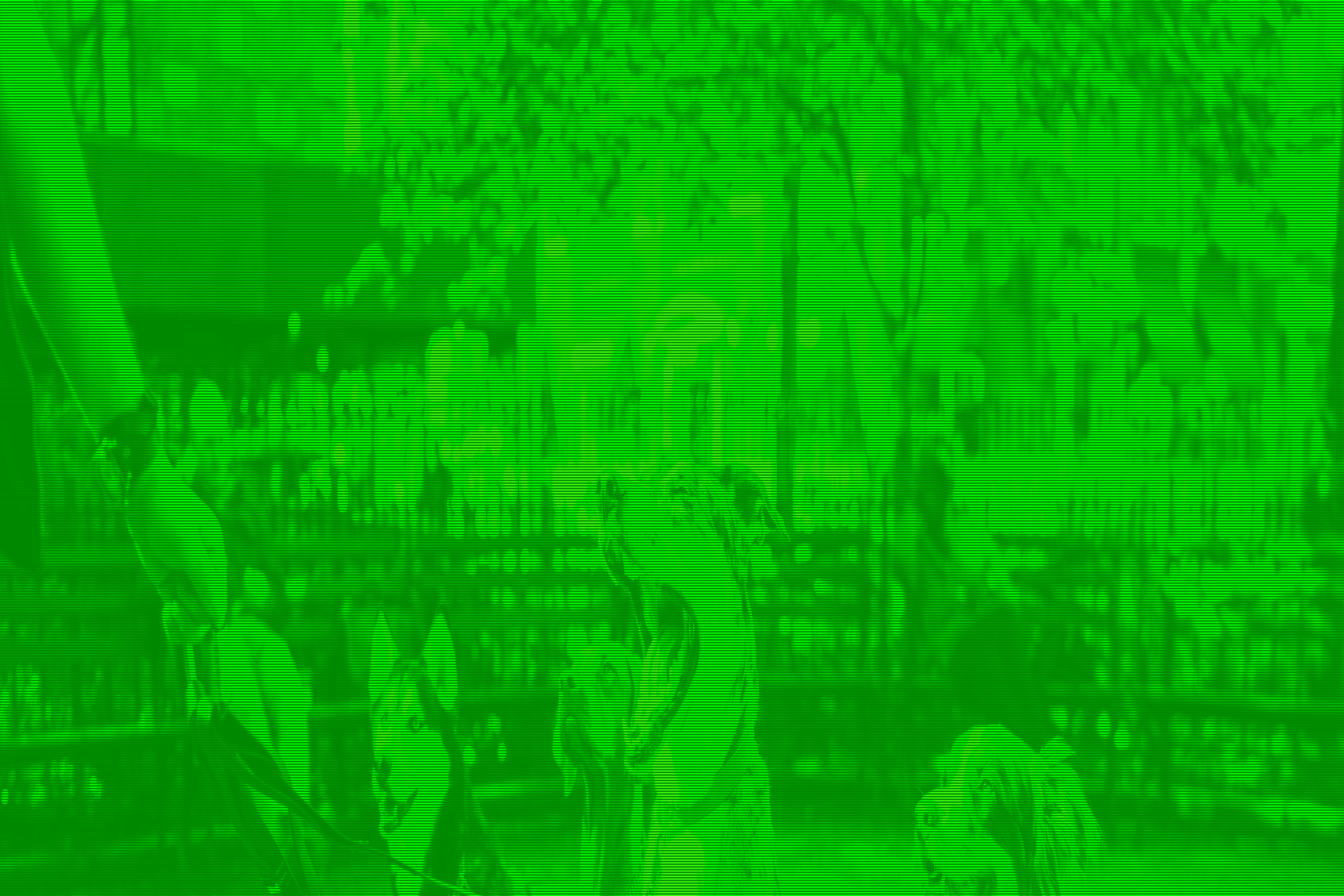
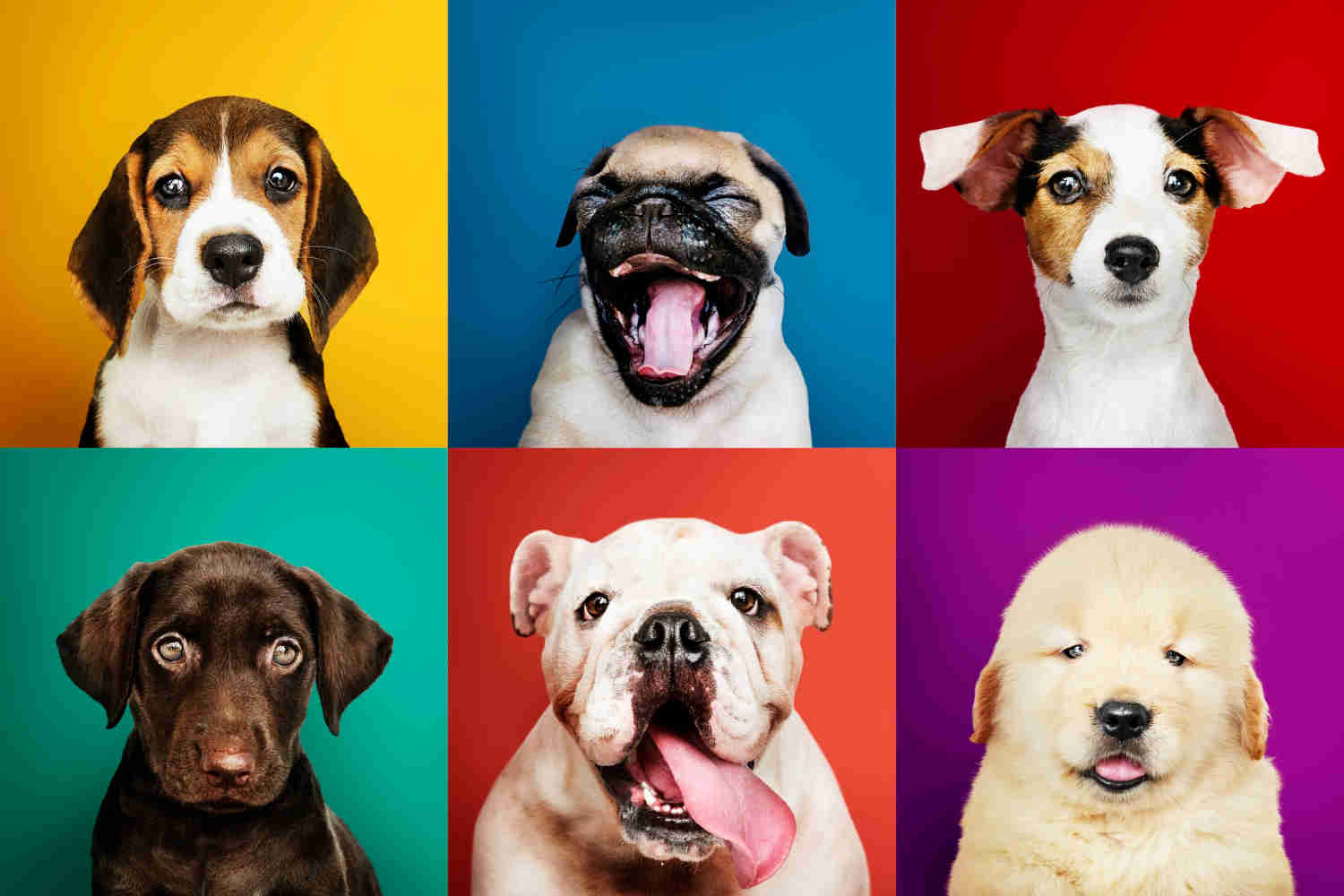
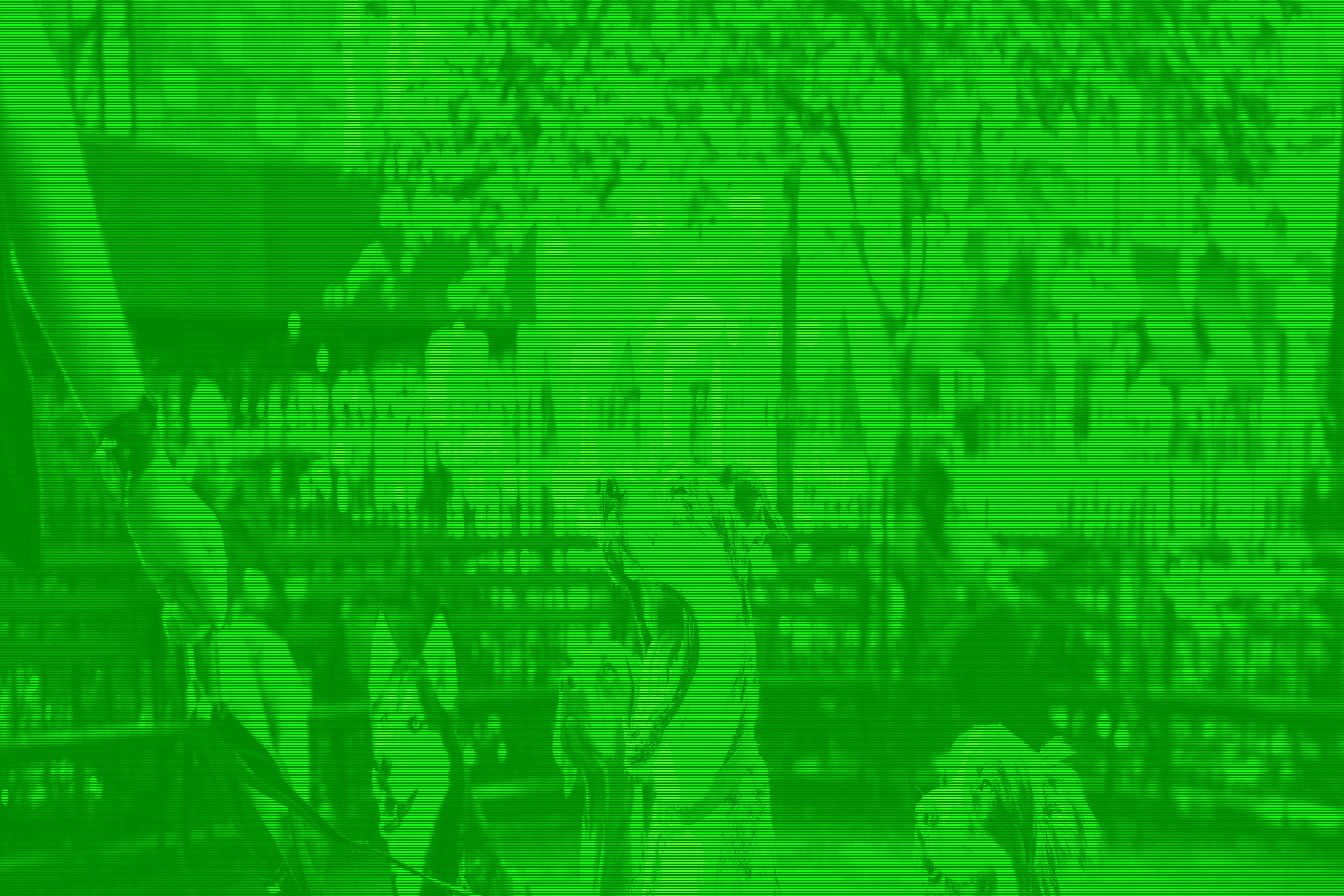
.jpg)
%20-%20Copy.png)
